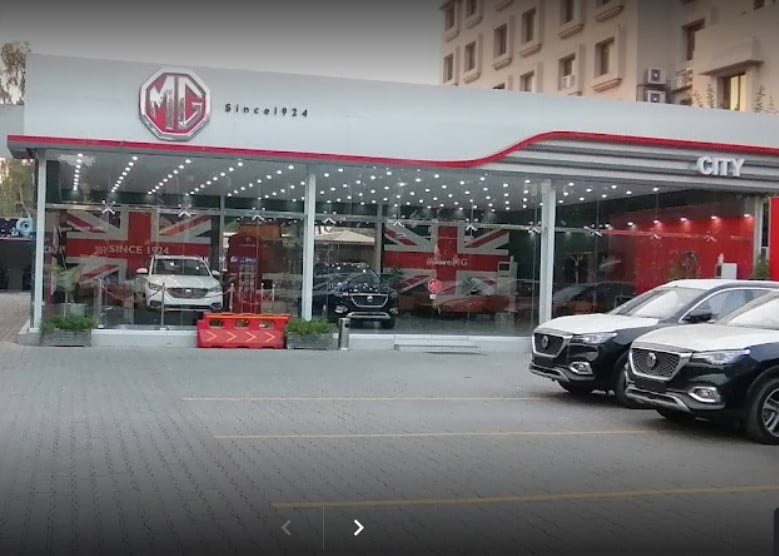
In a departure from the trend seen during the 2018 general elections, politicians in Karachi appear hesitant to invest in sports utility vehicles (SUVs) and double-cabin pickups for rallies. The lack of enthusiasm is attributed not only to a general downturn in sales but, more significantly, to the exorbitant prices of these vehicles.
Restrictions on opening letters of credit by the State Bank of Pakistan have been impacting overall vehicle sales, causing frequent shutdowns of manufacturing plants due to parts and accessories shortages. The already declining sales have taken a further hit with the sharp rise in the prices of locally assembled vehicles, deterring buyers who would typically overlook rising inflation and utility costs.
Local assemblers now voice concerns that the steep prices are dissuading even the affluent class from purchasing expensive vehicles, a sector crucial to their business and sales.
Traditionally, political leaders would lead election rallies in SUVs and double-cabin pickups to garner support. However, current trends indicate a significant drop in sales of popular models like Toyota Hilux and Toyota Fortuner, which witnessed a surge in sales before the 2018 elections.
Dealers express surprise at the limited sales, attributing it primarily to the exorbitant prices. They note that 99% of purchases are made in cash, rather than through bank financing, showcasing the financial strain on potential buyers.
While it remains uncertain whether political parties directly purchase these vehicles or do so through intermediaries, dealers emphasize the importance of knowing buyers’ details, such as NIC cards and filer status.
The introduction of the locally assembled Toyota Cross Hybrid Electric Vehicle (HEV) does not seem to have diverted attention from traditional SUVs and pickups. Dealers believe that, despite its fuel efficiency, the HEV may not prove as enticing for election-driven purposes.
General Manager Sales and Marketing Division at MG, Asif Ahmed, emphasizes that MG vehicles are not targeted for election campaigns, catering mainly to family customers.
Sources suggest that primary sales at authorized showrooms are significantly down, but secondary sales at used car showrooms may hold a sizable volume of costly vehicles. Used car dealers, having procured new vehicles from authorized showrooms in the last six months to two years, stand to reap substantial profits due to rising prices.
Chairman of the Automotive Traders and Importers Association (ATIA), Mohammad Kamran Khan, notes that sales of both used and new vehicles, including double cabins, jeeps, and pickups, remain sluggish. Aijaz Ahmed, ATIA Chief Coordinator, attributes the slow demand to the high prices of both new and used vehicles, coupled with uncertainty about the upcoming elections.
Oracle Faces Major Job Cuts Amid AI Expansion Fears Enterprise software giant Oracle is planning…
The Indian Air Force (IAF) reported today that one of its fighter jets had crashed…
Over 1,230 killed as US and Israeli Attacks Escalate Regional Conflict Regional tensions reached new…
As tensions escalate between the U.S. and Iran, fears of a potential homeland threat have…
In a move that underscores escalating tensions across the Middle East, British Prime Minister Keir…
Deputy Prime Minister and Foreign Minister Ishaq Dar highlighted the urgency for de-escalation in the…
This website uses cookies.